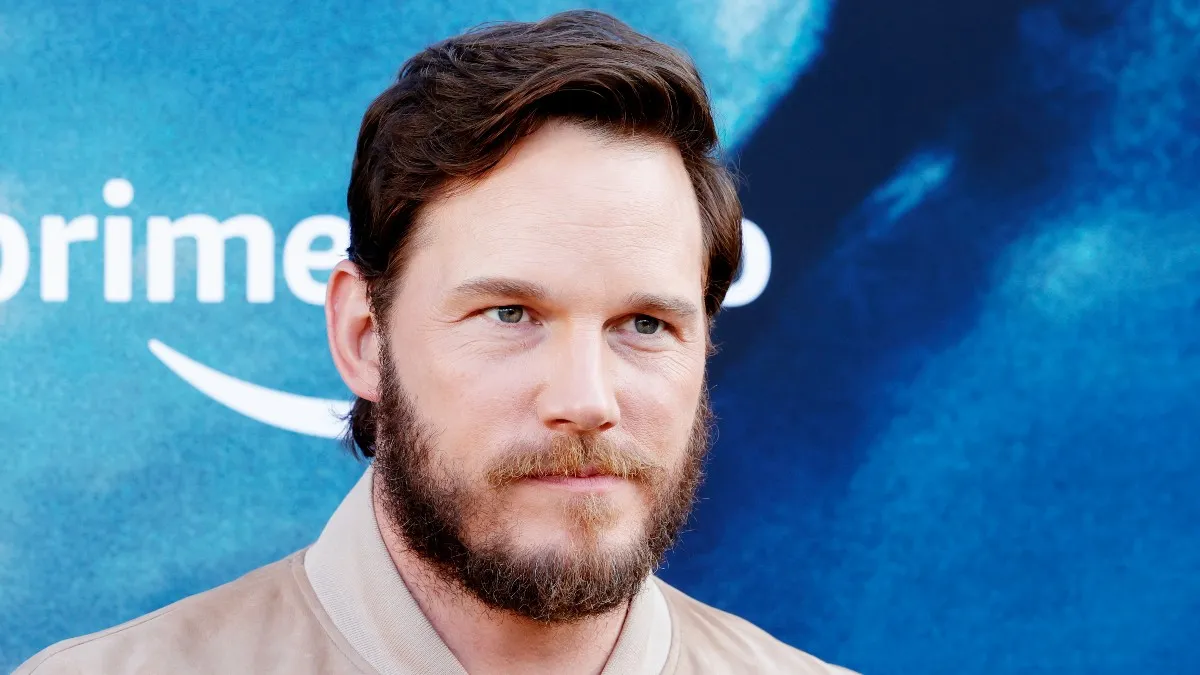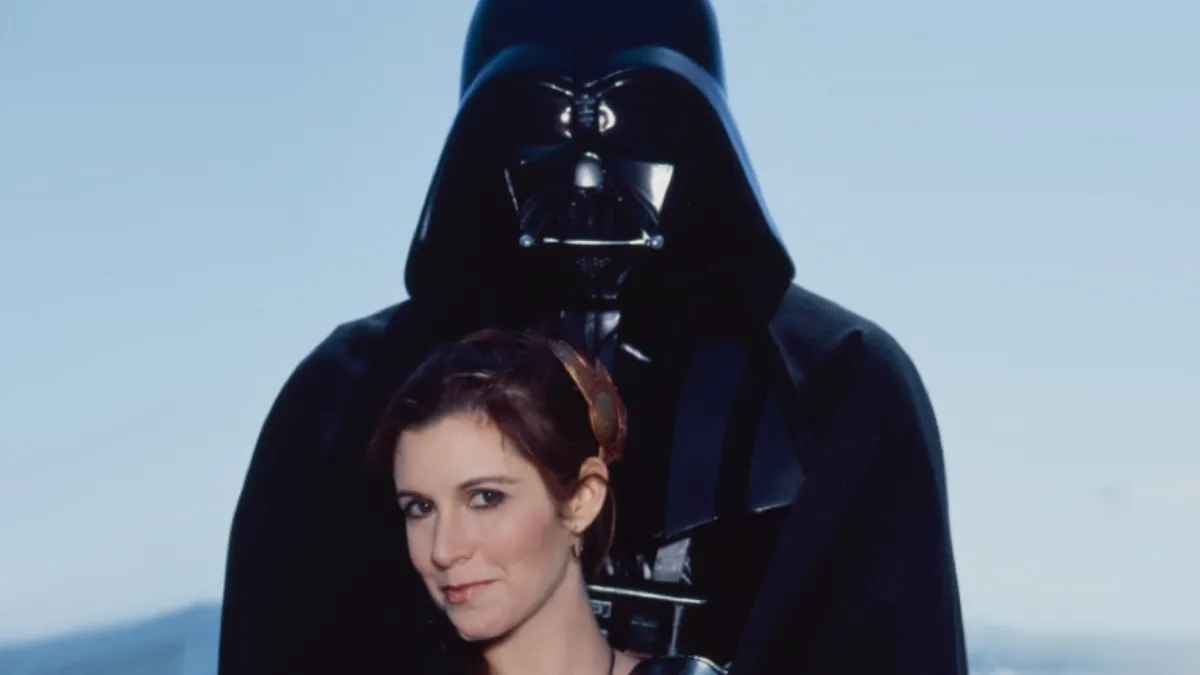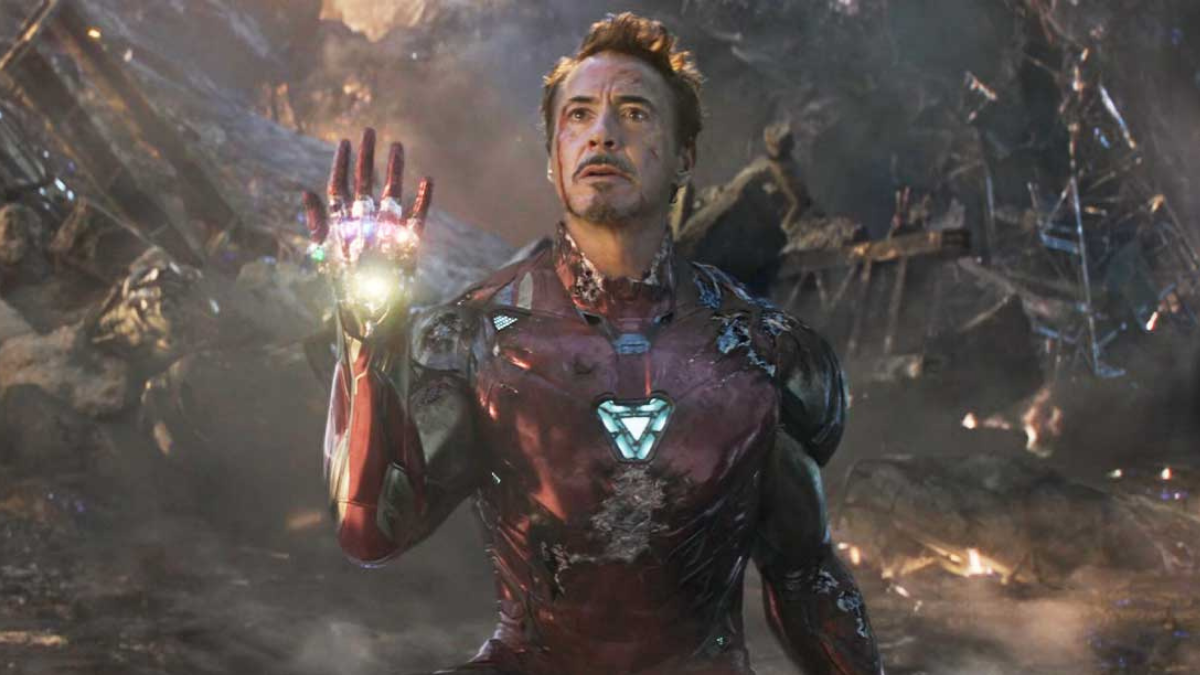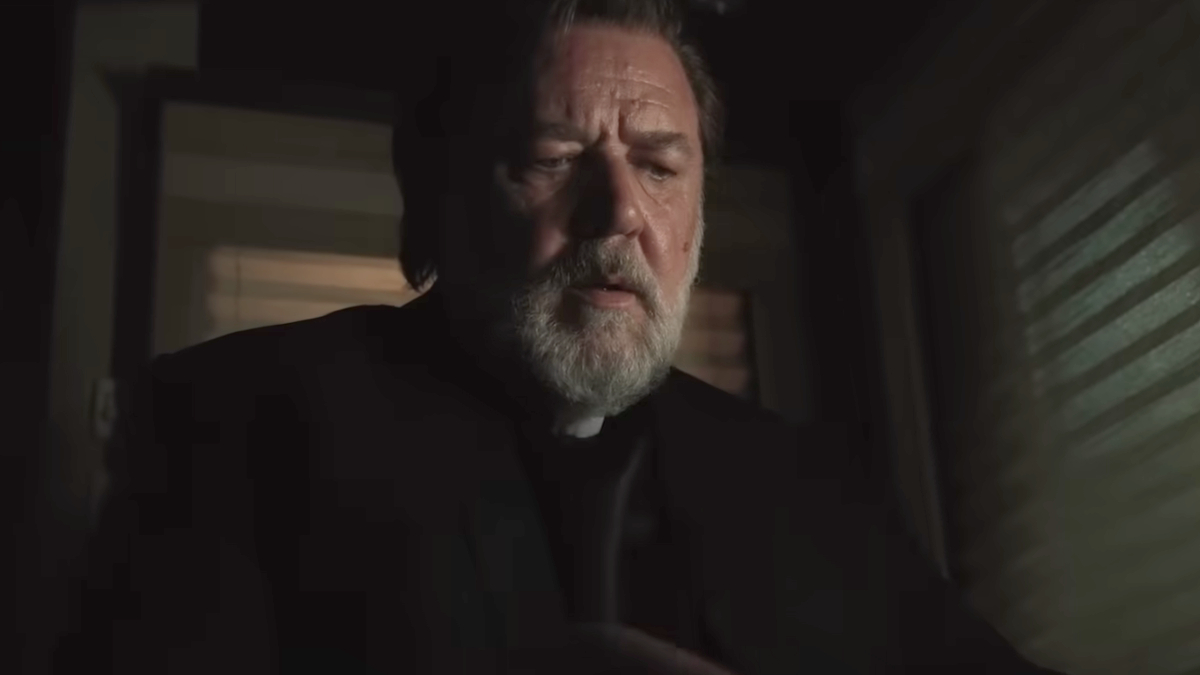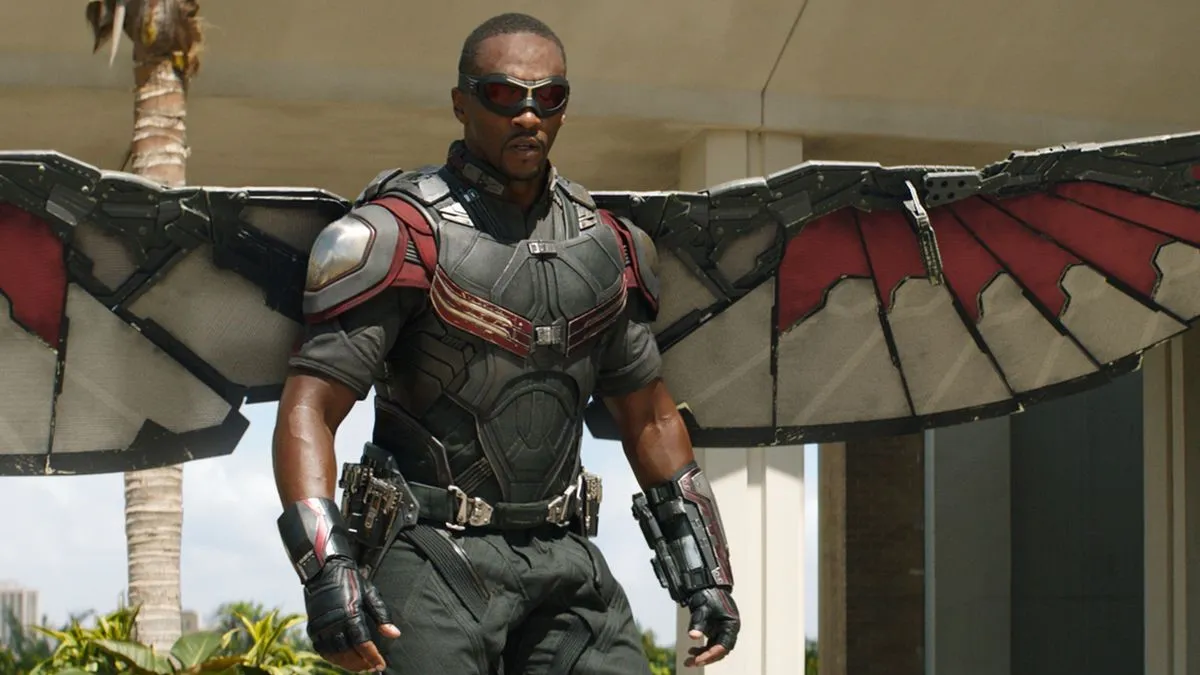
“We had a great way of life…We had a great way of life…We had a great way of life.” So repeats Alec Baldwin’s Dr. Kennebrew Beauregard shortly after he gags out the words “Brown” and “decision” and calls the Little Rock Nine the “final nail in a black coffin.” This explosive opening to Spike Lee’s latest joint, BlacKkKlansman, sees Baldwin’s bigot atop an ocean of distracting projections as he attempts to spit out his repulsively racist address – often stopping to regenerate composure or to get his line right.
Watching Dr. Beauregard stumble his way through the speech, I imagine many people asking “who would ever take this guy seriously?” To which I, being of what I consider a sound and moral mind, would reply, “you’d be surprised.” To which Spike Lee, unquestionably film’s greatest auteur and strongest voice on the subject, would reply, “I’m not surprised.”
This perfectly crafted opening prepares us as much as it can for the 135-minutes of horrific, almost non-stop slurs and acts to follow. Set in Colorado some 40 years ago, Lee and his co-writers Charlie Wachtel, David Rabinowitz and Kevin Willmott blur those conditions to create a story about angry America – whether that anger is 40-years-old, 400-years-old, or just now bred is up to interpretation. It’s certainly all the same war, but the battle in question, it seems, is its most recent.
About 120-minutes of the film’s runtime is dedicated to the “fo’ real” story of Ron Stallworth (John David Washington), the first black police office of the Colorado Springs Police Department. In the late ‘70s, Stallworth managed to successfully infiltrate the Ku Klux Klan, going so far as to speak with Grand Wizard national director David Duke (Topher Grace) over the phone on multiple occasions. Half of the operation took place over the phone for obvious reasons; but an immense assist by Flip Zimmerman (Adam Driver) fulfilled the hoax, filling in as Stallworth’s mic’d up, White body double.
The threat of a new Klan chapter catches Stallworth’s eye in a newspaper one day, where an ad for new members leads to a rather silly enrollment process with a surprising amount of red tape – apparently, hoods and robes are an added expense. Lee unsurprisingly does not hesitate to portray the members of Colorado Spring’s Ku Klux Klan as what I’ll call “dense.” As if their philosophies weren’t troublesome enough, it’s difficult not to cringe as they run their “secret” operation like a pack of schoolchildren on a playground.
Because of this, Zimmerman and the other white police officers involved in the operation dismiss the group’s tough talk. And for a while, it seems like that’s all it is; these guys hardly seem competent enough to do some real damage. But once the pot starts to boil – the local Black Student Union and its president (a tantalizing Laura Harrier) are calling for liberation and preparing for war – the Klan kids start running around with scissors, and things get pretty hairy.

The climax itself brings havoc not only upon the characters involved, but to the audience as well. BlacKkKlansman is a furious alarm of a film, reminding us of the nightmarish trance we cannot seem to wake ourselves up from – its final offering, which I will only allude to, is so incredibly blunt and hopeless that hibernating until 2020 sounds kind of nice.
Of course, that’s not what Mr. Lee wants us to take away from the film. Klansman also asks for a reckoning amongst those of us who are not necessarily as privy to the race war in our country. That is why, though Washington does some great work here, Adam Driver and the character of Flip Zimmerman are the more intriguing of the detective duo.
Not only is Zimmerman the one in the actual mix, constantly under the surveillance and suspicion of the Colorado Klan’s most radical and Klan-like member, Felix (Jasper Pääkkönen), but we watch his enlightenment to the country’s darkness unfold. Zimmerman, a Jewish man, has never been subjected to such scrutiny, forced at gunpoint to deny his own faith and listen to those around him as they reject the existence of the holocaust.
Spike Lee offers no solution here – his story’s conclusion, in the long run, hardly ends on a positive note – but rather a very, very loud plea that cannot be ignored. An answer is probably too much to ask for. Perhaps the best sequence of the film, in which a Klan meeting is paralleled with an old man’s account of his friend’s lynching, ends in a side-by-side chant fest. Never before in a film have I experienced rallies to be such a source of ammunition. Boy, if words could kill…
But at the end of it all, the horrific truth within BlacKkKlansman is (personal politics aside) that there’s a President in office who the real David Duke likes very much. About halfway through Klansman, Stallworth and his sergeant are debating over the potential political aspirations of the Klan’s national director – national director being a “kinder” label than Grand Wizard. Duke seems to be preparing himself for high public office, which Stallworth thinks will never happen. “Why don’t you wake up,” the sarge asks. It’s a little on the nose – at one point, the sergeant says something along the lines of Duke wanting to give America its “greatness again” – but it’s powerful nonetheless.


